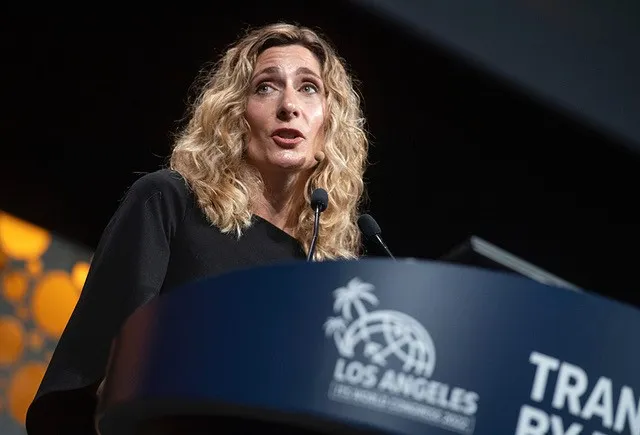Image Sensing Systems (ISS) has named Dale E. Parker as its interim President and Chief Executive Officer, replacing Kris B. Tufto. He has served as the Chief Operating Officer and Chief Financial Officer of Image Sensing Systems since June 2013 and will continue serving on the Image Sensing Systems Board.
Parker has extensive experience working in senior executive positions for both public and private companies in a variety of industries and has served on numerous boards. Mr. Parker currently is a m
December 17, 2014
Read time: 2 mins
Parker has extensive experience working in senior executive positions for both public and private companies in a variety of industries and has served on numerous boards. Mr. Parker currently is a member of the Board of Directors of Consolidated Communications Holdings, Inc., a telecommunications company based in Illinois.
“We want to thank Kris for his efforts at Image Sensing Systems. His guidance helped the company through a challenging period over the past two years, and we have mutually agreed that this is the right time for a change,” said Jim Bracke, chairman of Image Sensing Systems.
“Dale is a highly skilled leader who has served as COO and CFO of Image Sensing Systems. His deep knowledge of the Company and his significant strategic, operational, international and financial experience make him an excellent choice to guide the company,” he said.










